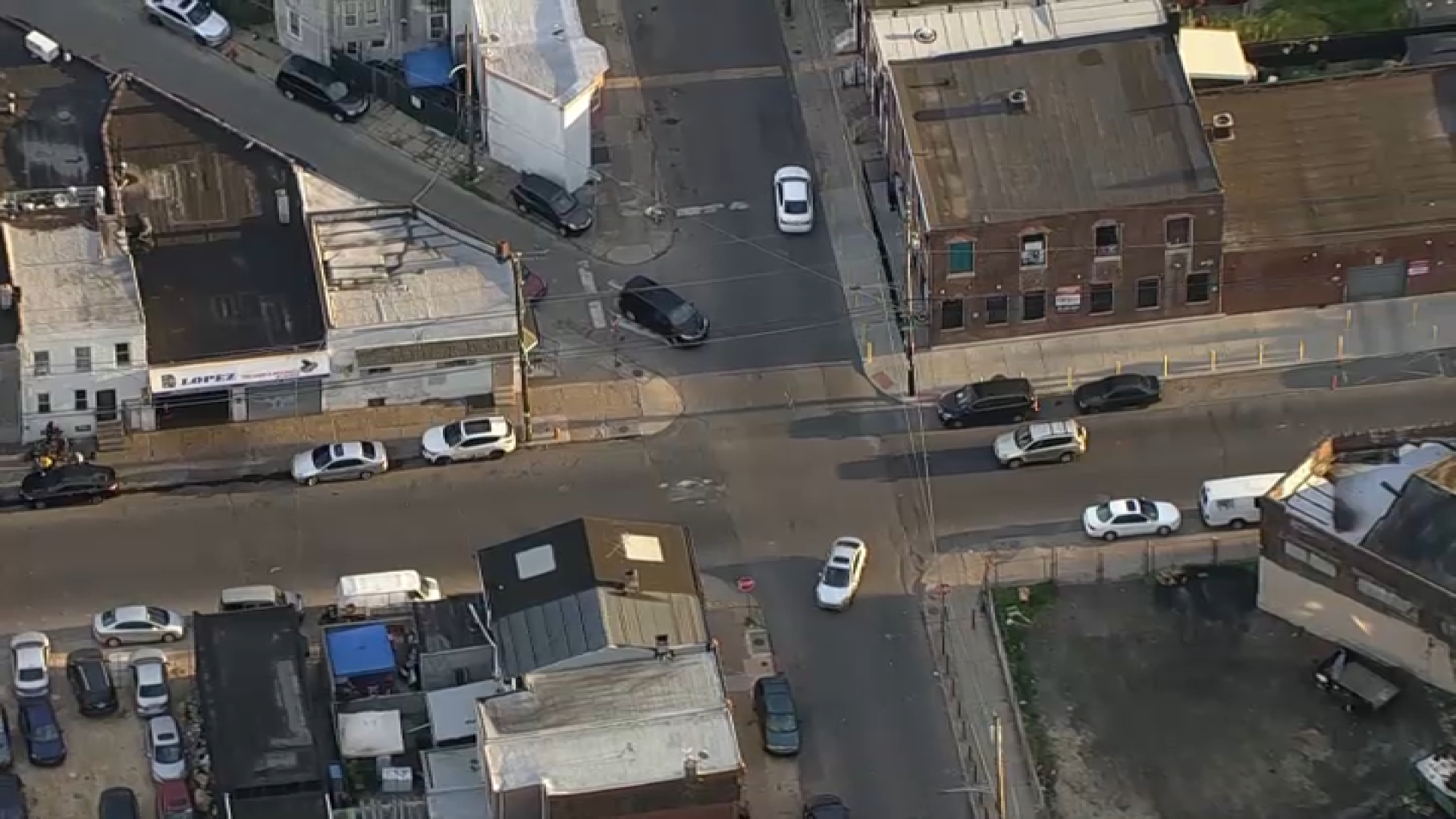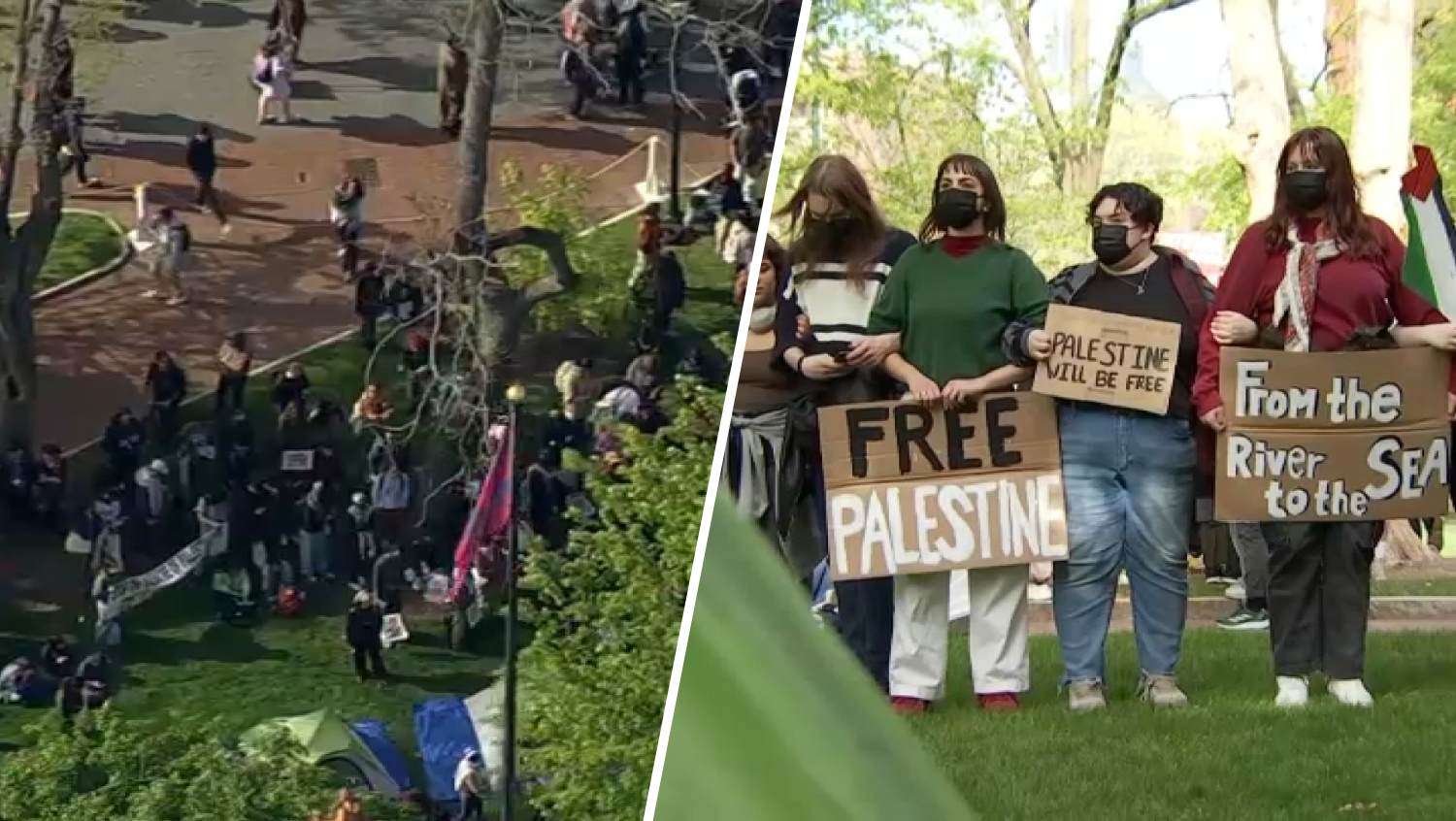Gov. Tom Wolf and Republican lawmakers appeared unable to bridge a divide Monday over how to slash school property taxes as part of a broader agreement to end a five-month budget stalemate that has left public schools and social services without billions in state aid.
Speaking at a Pennsylvania Press Club luncheon, the first-term Democratic governor urged leaders of the Legislature's commanding Republican majorities to adhere to a framework they announced earlier this month.
It revolved around an increase in the state sales tax to pay for more than tripling state school property tax rebates and to boost public school aid by hundreds of millions of dollars.
Efforts to work out the details of the proposal, Wolf said, are "in peril, deep peril."
"We cannot allow ourselves to get stuck trying to work out the details of a framework we all agreed to," Wolf said.
Senate Majority Leader Jake Corman, R-Centre, said he told Wolf on Friday night that rank-and-file Republican senators do not support Wolf's proposal on which districts should benefit the most from $1.4 billion in new property tax rebates.
So Corman said he urged Wolf to move on from the fight over property taxes and concentrate on passing a five-months-late budget.
"I told him, 'Call a special session on property taxes if you want to, we'll continue to deal with property taxes. But let's get the general fund budget done now if we're not going to come to agreement on this,' and it's clear that we weren't," Corman told reporters in the Capitol.
Republicans want the student population of a school district to influence the flow of the property tax rebates to homeowners, Corman said. They objected to the amount that Wolf wants to send to Philadelphia schools under a formula that favors poorer districts. Both sides were entrenched on their own formula, Corman said.
The sides also disagreed over stronger measures Republicans sought to make it harder for school boards to raise taxes, Corman said.
Only Pennsylvania and Illinois are operating without state budgets.
To get by without state aid, school districts, counties and social services organizations have laid off employees, delayed services, put off paying bills or taken out loans.
To produce a budget plan, Corman said Republicans were working to develop a new package of revenue sources of about $600 million-plus or more.
In his speech, Wolf said the sides have to "end this nonsense," and he urged lawmakers to produce some version of a full-year budget — as opposed to a temporary spending bill while talks continue — to his desk by Dec. 4. Asked if that meant he would sign anything that gets to him by that deadline, he replied: "I think we need a reasonable budget" and that "people have been holding out for too long."
"It's time we deliver, and the Republicans need to find their votes on the bipartisan agreement we made," Wolf said. "Please, please, let's get this done and get this to my desk quickly."
Under the framework, the state sales tax rate would rise from 6 percent to 7.25 percent to generate an additional $2 billion. The rate would rise to 8.25 percent in Allegheny County, where it is currently 7 percent, and to 9.25 percent in Philadelphia, where it is currently 8 percent.
In addition to the school property tax rebates, the money would provide an increase of $350 million, or 6 percent, for public school operations and instruction.
Local
Breaking news and the stories that matter to your neighborhood.
The proposal also included significant changes to public pension plans and Pennsylvania's state-owned system of liquor stores. It was unclear Monday whether there was enough agreement on the details to pass pension or liquor legislation by Wolf's requested deadline of Dec. 4.



